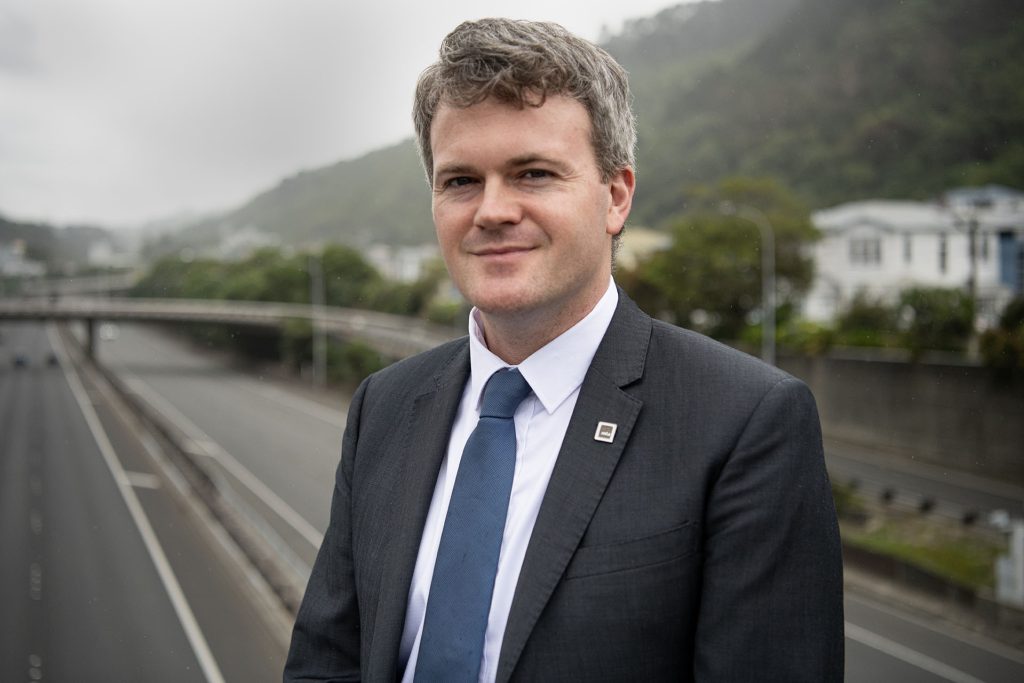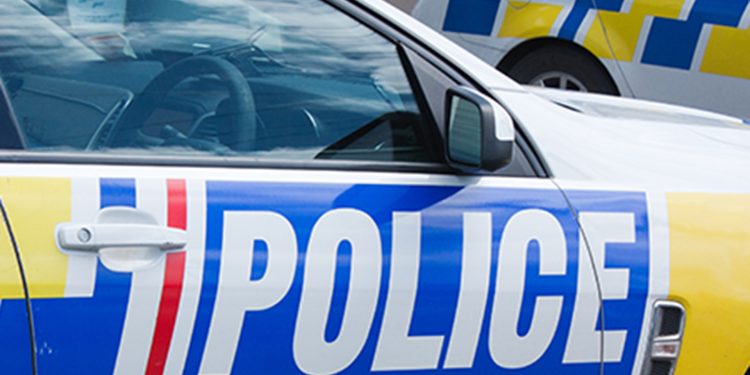MTA says police don’t attend all service station crimes
Words NZ Autocar | Images MTA
An apparent directive within police not to investigate fuel theft below $150 is unacceptable says the Motor Trade Association (MTA).
It will anger and disappoint service station owners. The MTA wants urgent clarification from the Police that all fuel theft will be investigated appropriately.
James McDowall, MTA Head of Advocacy (pictured below), says “Service stations are the most preyed on retailers in the country.”

“They provide an essential service and deserve the full protection and support of NZ Police and Government. This directive, if followed, would seriously erode faith in both.”
Radio New Zealand reported the existence of a NZ Police directive applying “nationally standardised value thresholds” when assessing theft and fraud files. The upshot is that many crimes may not be investigated.
The value thresholds are: General theft $200, petrol drive off $150, shoplifting $500, fraud (paywave, online, scam etc) $1000, and all other fraud $500.
Mr McDowall says that while it’s understandable the police must prioritise offending, to ignore what would amount to thousands of crimes every year is unacceptable.
“Last year, there were almost 30,000 instances of theft from service stations, according to NZ Police’s own data.
“Many of those would be under the reported threshold – you can fill up most cars for under $150 – and therefore not investigated.
“Frankly, there is already widespread belief amongst service stations that police do not take fuel theft seriously, and this only reinforces that view.”
MTA echoes a call from Retail NZ, and other retail groups, for meetings with the Minister and Commissioner to elicit urgent clarification.
“We believe that there should be a nationwide, standardised approach to retail crime, rather than regional variations.
“But the standard approach should be that every theft hurts a hard-working business, operating on slim margins.”
Mr McDowall says MTA has met with Police Minister Mark Mitchell previously, and found him supportive and informed.
“We trust we can work with the Minister and police to find a way forward, and keep service stations safe from retail crime.”





